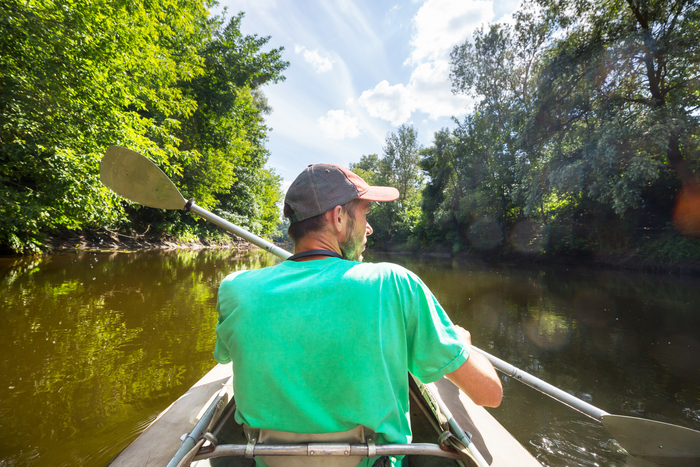Canoeing and Covid-19 issues toe to toe
What do you know about canoeing? It’s a fascinating rowling discipline and that’s all? Actually, the world of canoeing is much more intriguing. Though sport is always out of any political or other issues, pandemic danger changed everything dramatically. Let’s discover how Covid-19 affected canoeing.

Clean-cut overview of canoeing changes after Covid-19
Though we may describe the topic widely, there is no need to say a lot in vain. Here are the main aspects to mention.
Financial losses
Such losses are recorded by individual clubs and associations. The decrease in revenues from the sale of broadcasting rights, commercial activities and games also has a negative impact on athletes (job loss, wage cuts).
Cancellation and postponement of events
Already at the end of February of 2020, professional athletes began to cancel massively, and the organizers blocked access to spectators. Among the first to be affected are the events of the Biathlon and Cross-country Skiing World Cups. The most prominent event in the sports world since the beginning of the pandemic was the postponement of the 2020 Olympic Games in Tokyo.
Online appearances
The coronavirus pandemic has led to significant changes in the rowing community. Widespread isolation has accelerated the digitization of the business and prompted organizers to launch projects online. Mobile apps have become an indispensable part of life and now help with the organization of everyday life, proper nutrition, effective personal training and much more.
Fans are demanding video game broadcasts, in which computer players are directed by professional canoe athletes themselves, for example, for free due to training failures, as well as online social media events with current and former players.
State support
With the Covid-19 crisis, support from national governments, sports and international organizations has become particularly important. It doesn’t mean that international organisms stopped to give support, though countries themselves became active.
For instance, on May 8, 2020, Canada established a special fund to support cultural, heritage and sports organizations during the Covid-19 emergency. The fund has a budget of $ 370 million. The funds are intended to support the workplaces and operations of organizations that have been negatively affected by the Covid-19 pandemic crisis. In total, $ 53 million was allocated directly to support the sports sector.
Industry recovery
The beginning of the return of the big boat rowing after the “coronavirus holidays” has raised questions about the impact of the pandemic on a sector that is expected to change, at least in the near future. This applies to the competition calendar, the sports industry and the competition formats.
The work of the Supreme Audit Institutions
In rowing, the role of the world-wide entities as the International Canoe Federation during the pandemia almost became limited to two main activities: the audit of public funding and the verification of the effectiveness of measures taken at the national level.
Covid-19 stops, canoeing develops
Evidently, the level and intensity of canoeing’s development depends highly on the pandemic situation. Even still these two factors are closely connected.

